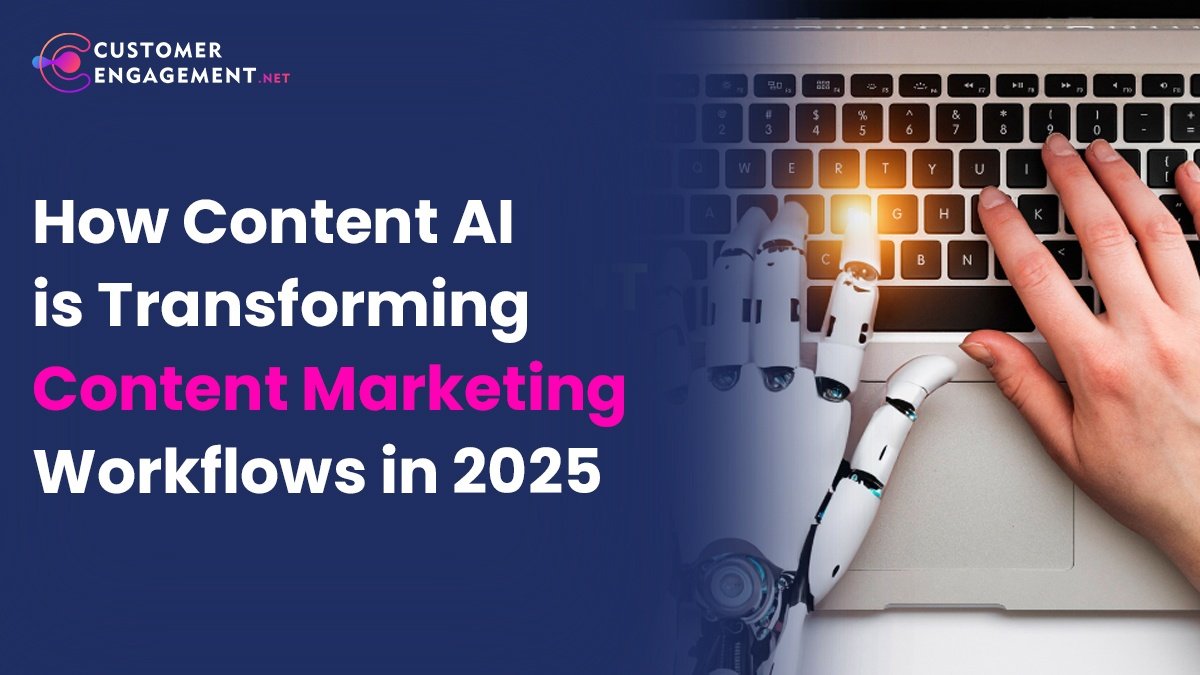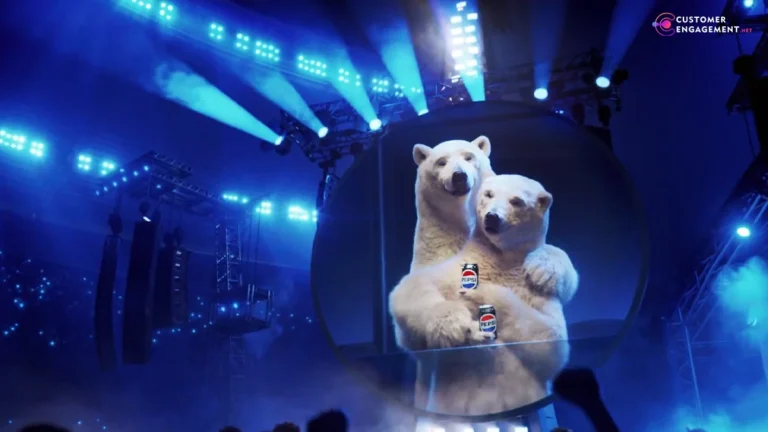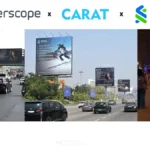
Explore the transformative impact of Content AI on content marketing workflows in 2025, including faster creation, hyper-personalization, consistency, optimization, and operational efficiency.
Content marketing has always been a changing field, but the arrival of advanced Content AI tools is changing the way marketers make, improve, and share content in a big way. In 2025, Content AI is more than just a buzzword; it’s an important part of making marketing workflows more efficient, personalised, and effective. Here’s how new Content AI tools are changing the way things are done.
Speeding up the process of coming up with ideas and making content
One of the most obvious benefits of Content AI is that it can help you make content faster. AI-powered platforms can make outlines, drafts, social media posts, blogs, and multimedia content in a matter of seconds. This quick production lets marketers respond to trending topics and customer questions more quickly, saving time and money that would have been spent on manual writing. Teams can spend less time on the first draft and more time working on their creative strategy.
Giving people hyper-personalized content experiences
Content AI uses a lot of data, like how people browse the web and how they interact with content, to make content that is very specific to each person. This lets marketers send personalised messages and suggestions in real time that speak to different groups of people. The result is more people getting involved, more customers staying with you, and more sales.
Keeping the brand voice and consistency
Keeping a consistent brand voice across different pieces of content and channels is a big problem in content marketing. AI tools that have been trained on brand guidelines and past content that did well help keep this up. They can flag deviations and improve quality control, making sure that all content meets the brand’s standards and identity.
Using data to improve content
Content AI platforms don’t just help you make things; they also look at SEO rankings, audience feedback, and user behaviour to suggest ways to improve them. This ongoing feedback loop helps marketers improve headlines, structures, and keywords, which leads to content that ranks higher in search engines and gets more people to read it.
Allowing strategies that can change and predict
AI can do more than just optimise; it can also help marketers figure out what their audience wants and needs. AI can look at data from past campaigns and suggest new content directions and changes. This makes marketing more proactive than reactive.
Making operations more efficient
AI can automate routine tasks like editing, scheduling, and reporting, which saves a lot of time and effort. This automation lets marketing teams grow their efforts in a smart way, focussing on creative and strategic activities that have a big impact.
In 2025, Content AI will be an important part of how modern marketing works. AI gives marketers the tools they need to make better content faster and more effectively than ever before. It does this by automating content creation, allowing personalisation, making sure consistency, driving data-driven optimisation, and streamlining operations. Brands that want to do well in today’s competitive digital world must use these technologies.














